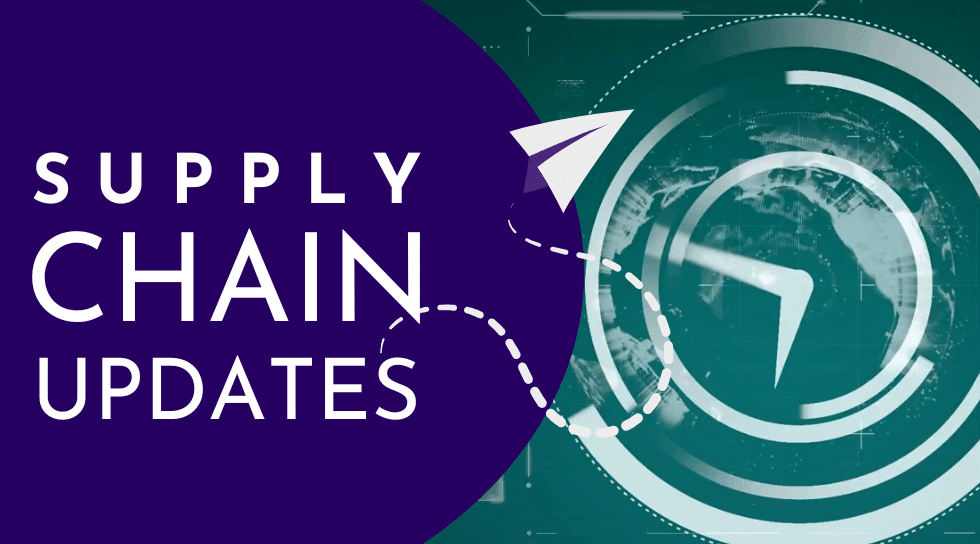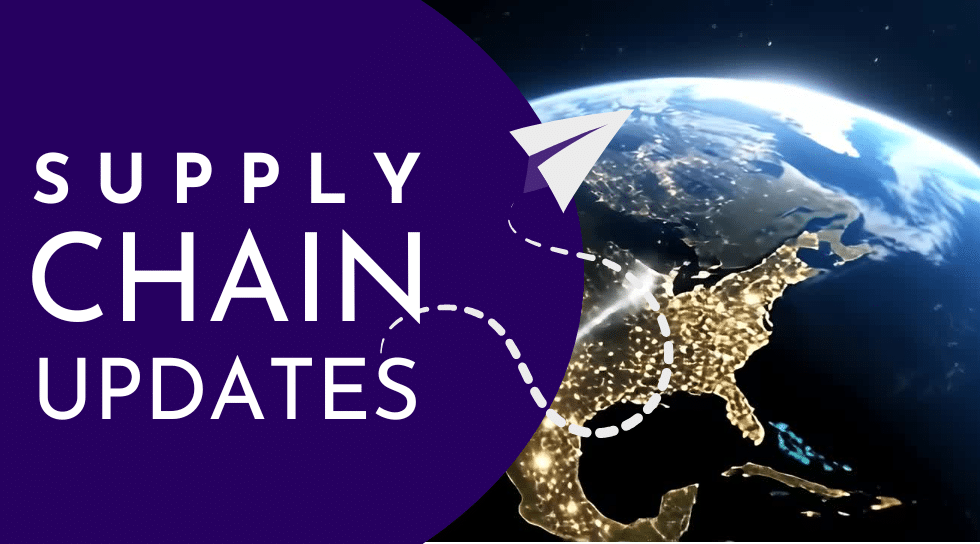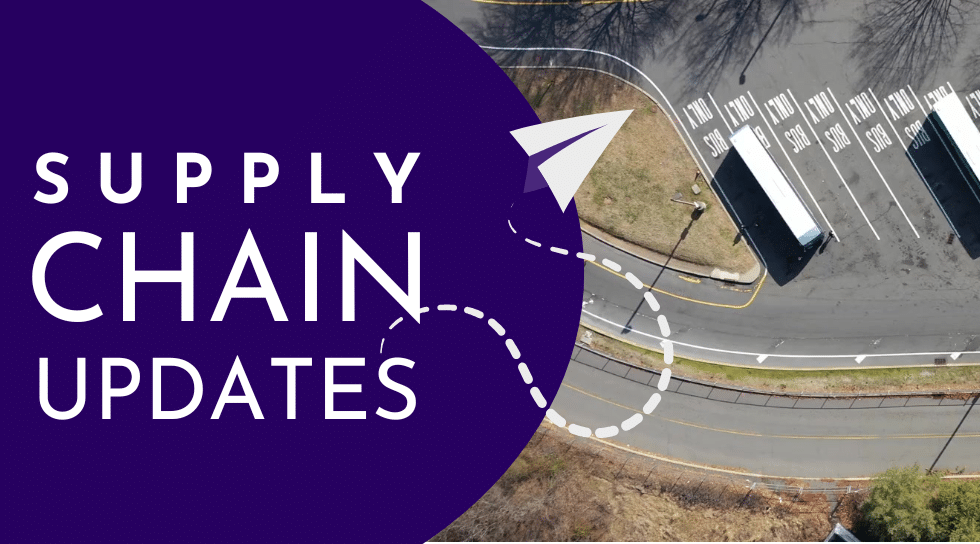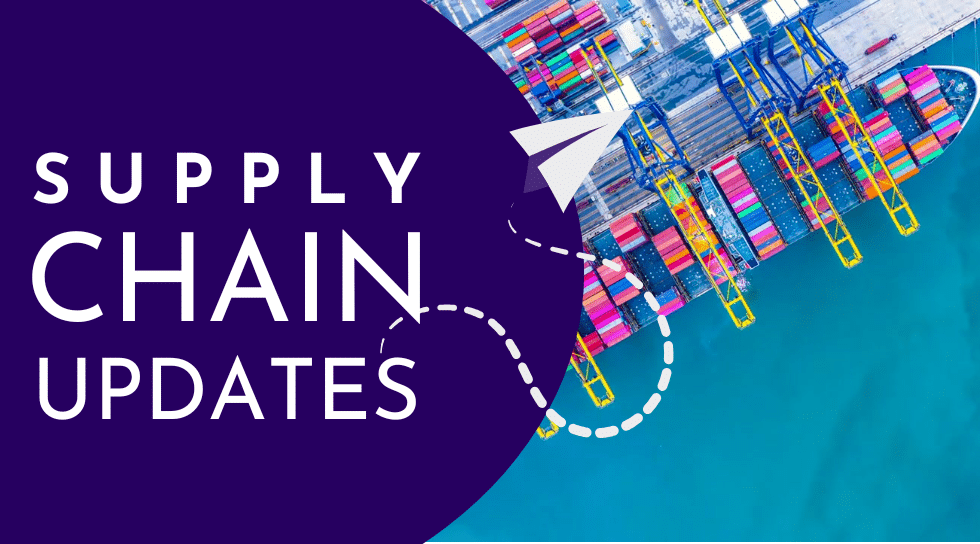- Reciprocal Tariff Increases: The U.S. has implemented higher tariffs on imports from various countries, including China, South Korea, and the European Union. These adjustments are part of broader efforts to address trade imbalances and unfair practices.
- Chinese Export Controls: China has announced new export restrictions on artificial diamonds, lithium-ion batteries, and rare earth elements, effective November 8. These measures aim to strengthen China’s position in high-tech and clean energy sectors.
- Tariff Truce Extension: The U.S. has extended the pause on 145% tariffs on Chinese goods until November 9, providing temporary relief to importers.
- Impact on Consumer Prices: The average effective tariff rate has risen to 19.3%, up from 16.9% in late September, potentially leading to increased costs for consumers.
- Comprehensive Tariff Analysis: We provide detailed assessments of how new tariffs impact your specific products and supply chains, helping you make informed decisions.
- Alternative Sourcing Strategies: Our team can identify and facilitate sourcing from countries with favorable trade agreements, mitigating the impact of higher tariffs.
- Customs Compliance Guidance: We offer expert advice on navigating complex customs regulations and documentation requirements to ensure smooth import processes.
- Supply Chain Optimization: Leveraging our network, we can help redesign your supply chain to minimize tariff exposure and enhance efficiency.
Our experts are available to advise you on how recent tariff changes may affect your shipments. Contact us today to discuss your specific needs.

Airlines are expected to face over $11 billion in added costs this year from supply chain disruptions affecting aircraft parts and maintenance, according to International Air Transport Association (IATA).
This may tighten air cargo capacity and delay shipments, but we can help you stay ahead through proactive booking, flexible routing, and real-time shipment visibility.
Global air freight is strained as seasonal demand, weather, and trade shifts impact capacity across major regions.
This may constrain available air cargo space for importers, especially during peak windows. We help by securing capacity early and maintaining visibility on transit risks.
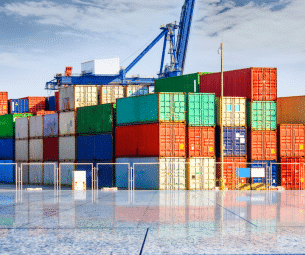

A historic peace agreement between Israel and Hamas has officially ended the Gaza conflict, paving the way for increased humanitarian aid and regional stability.
This development is expected to ease supply chain disruptions across the Middle East, resulting in smoother and more reliable shipping services to and from the region.
Effective October 14, Section 232 tariffs took effect on softwood, cabinets, vanities, and upholstered furniture. Combined with existing duties, total tariffs on some products could now exceed 50%.
Importers can rely on Imperative Logistics to navigate these tariffs to optimize supply chains and manage costs.


Global air cargo demand increased 4.1% year-on-year as of August 2025, driven by shippers shifting high-value goods from sea to air to mitigate tariff risks.
With air cargo traffic projected to grow 4% annually through 2043, importers may face shifting capacity and cost dynamics making proactive planning essential.
For the fifth consecutive year, our team has received Ryder’s Freight Forwarder of the Year Award. This honor reflects our commitment to precision, speed, and reliability across even the most complex shipments.
A huge thank you to our team for setting the standard in execution excellence and to our clients and partners for trusting us to keep your supply chains moving efficiently.

